We must not dehumanize our immigrant community
September 12, 2014
Last week, President Obama announced that he would delay taking action on the issue of immigration until after the November elections.
The vast majority of us probably reacted to this very mildly — if at all. Even if we grant that immigration reform is an important political problem, we are too often willing to ignore it rather than to confront it head on.
The reality is that we as Americans tend to distance ourselves from the issue of immigration because we probably don’t think it affects us directly.
We write this because we think it is imperative that we not only educate ourselves on the subject of immigration, but that we also emphasize the value of undocumented persons as human beings.
As a community, we must lead a trend of acceptance and solidarity with our immigrant population. We must be totally aware of the human faces behind the issue of immigration.
Undocumented persons don’t exist apart from us. They are neither foreign to us nor different from us in any meaningful way.
Instead of focusing on where undocumented persons come from, we should care about what they do and who they are.
Here in New Orleans, the post-Katrina rebuilding effort owes much of its success to undocumented workers, according to a joint study between Tulane University and the University of California at Berkeley.
This study found that almost half of the reconstruction workforce in March 2006 was Latino, and that 54 percent of the Latino constructions workers were undocumented.
Economic prosperity, however, isn’t the primary reason why we must advocate for and with our undocumented population. We must do so because they are much a part of our community as we “Americans” are.
The issue of immigration reform isn’t something we can shrug off because we think it only applies to beings that exist in isolation.
As we discussed this week’s topic in the editorial board, we questioned whether referring to undocumented persons as “illegal aliens” was appropriate. This brought to our attention the problematic nature of the labels we use when referring to this group of people.
The individuals to whom we casually refer as illegal aliens are often times our coworkers, classmates and friends. How often in our daily interactions do we actually think of them as “illegal aliens?” It’s quite likely that we don’t. That’s because there is nothing innately illegal or alien about the persons with whom we have built a community.
By referring to undocumented persons as “illegal aliens,” we reinforce the idea that they are different — and therefore, less human — than us.
There are real effects to this systematic dehumanization. In New Orleans, undocumented workers regularly face wage theft and threats of deportation from their employers. In Louisiana, access to public higher education is denied to undocumented people regardless of their academic qualifications.
We are situated in a great place for bringing awareness and effecting change to immigration. Loyola alone has several organizations that interact with the city’s immigrant population.
The Jesuit Social Research Institute actively works to bring about change in the Gulf South on the issue of migration. The Loyola Wage Claim Clinic seeks to empower its workers, regardless of status, through litigation and education. The Loyola Immigration Advocacy Organization seeks to bring people together in order to push for immigration reform.
As always, these are but a few of the opportunities available to us.
The important thing to remember is that we are advocating for our immigrant community not simply because we are acting upon some sort of savior complex.
We are advocating with them because our dignity as human being is bound with theirs.
Correction:
A previous version of this editorial inaccurately cited the joint-study between Tulane and UC Berkeley as stating that 25 percent of the New Orleans workforce is undocumented, and that half of the post-Katrina reconstruction force was undocumented. Both of these errors have been corrected above.


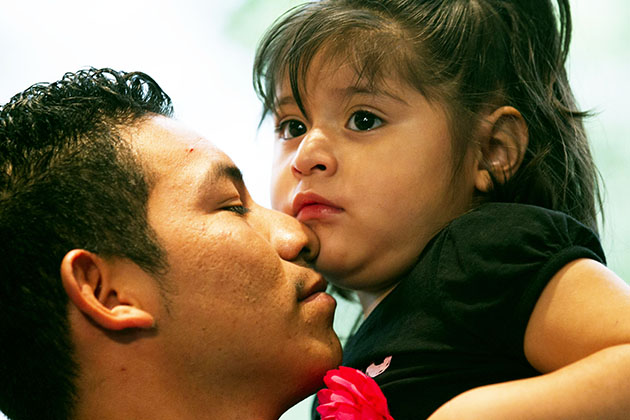






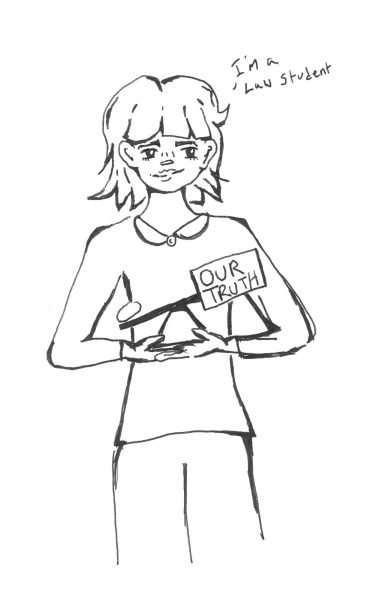
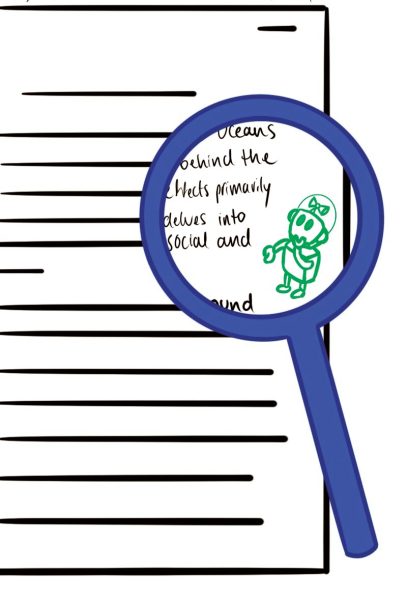
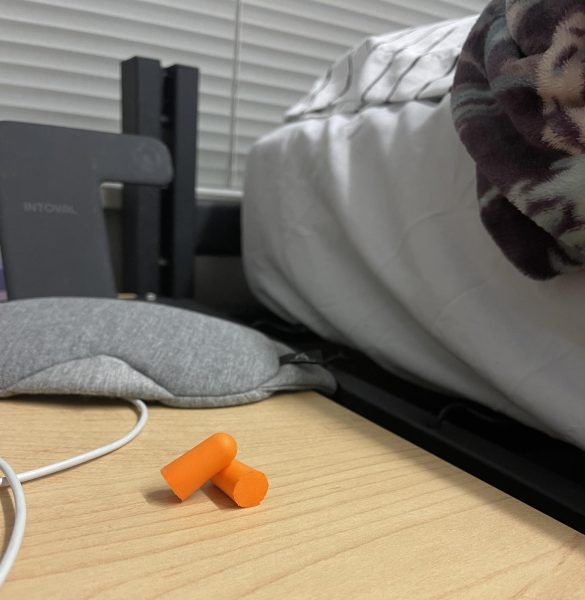


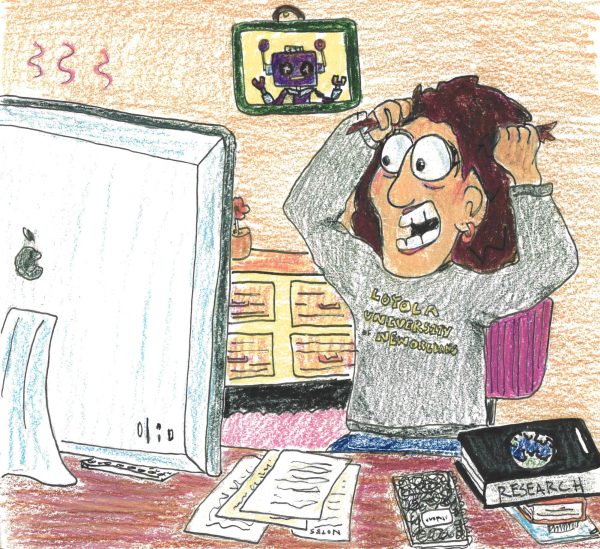

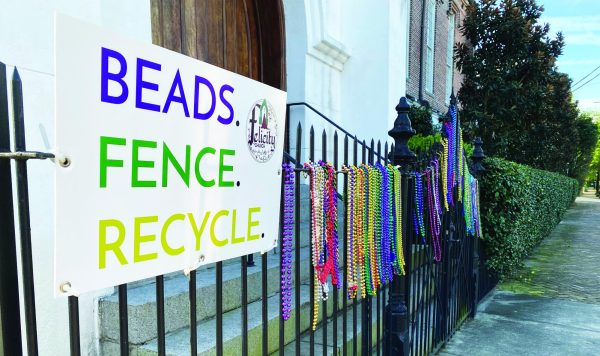

Gabor • Sep 18, 2014 at 2:42 pm
I am an immigrant(Now US Citizen). Immigrants are LPR’s (Legal Permanent Residents). Immigrants are legal by the definition of the term. Please don’t refer to people who violated our immigration laws immigrants. It is not true. We entered legally as refugees, obeyd US laws, and learned English. Please don’t slur us by associating my family and other immigrants by associating us with law breakers.
Imagine we have foriegn nationals who violated our laws many times not only with their illegal entery but their lifesyles saying that the President in not being honest. Where have all the morals gone ?
No one has dehumanized these folks. They have estranged themselves from the USA by violating our laws.